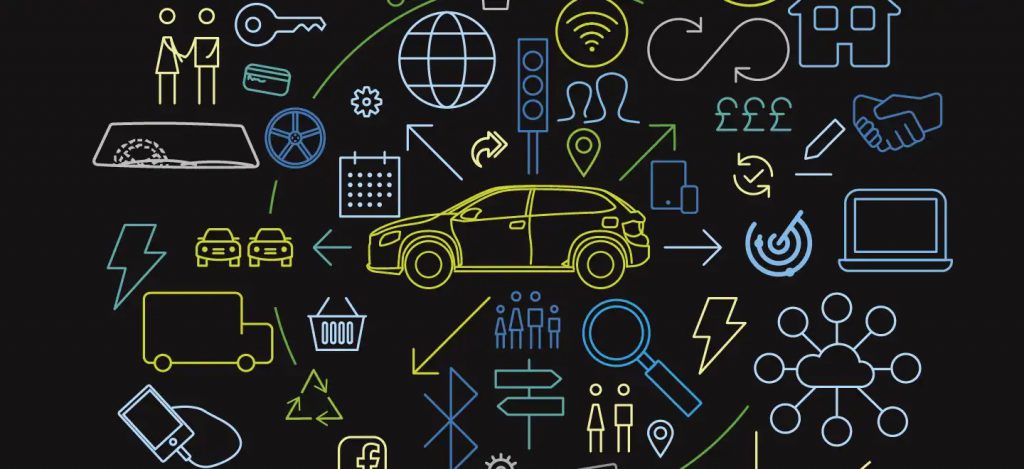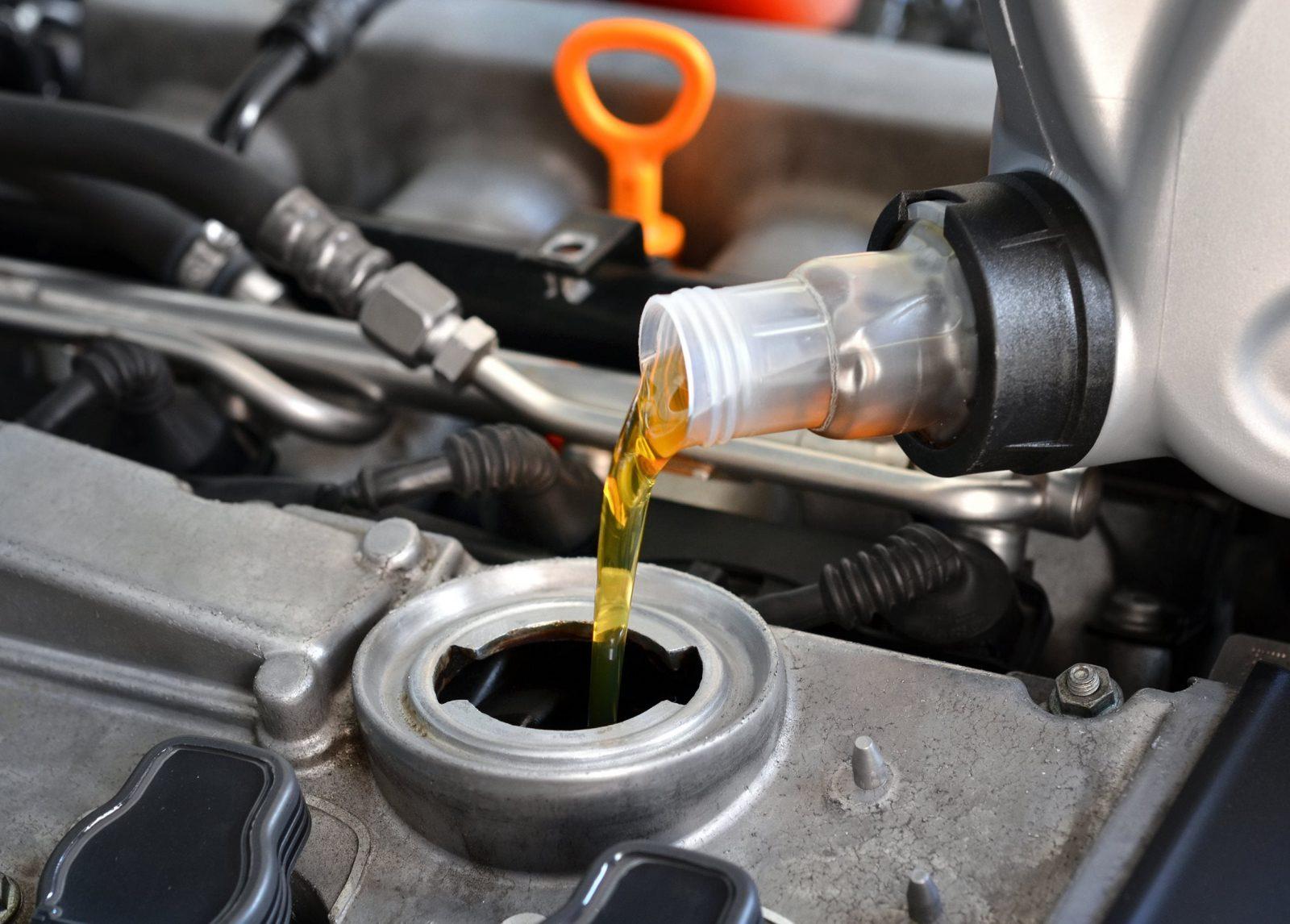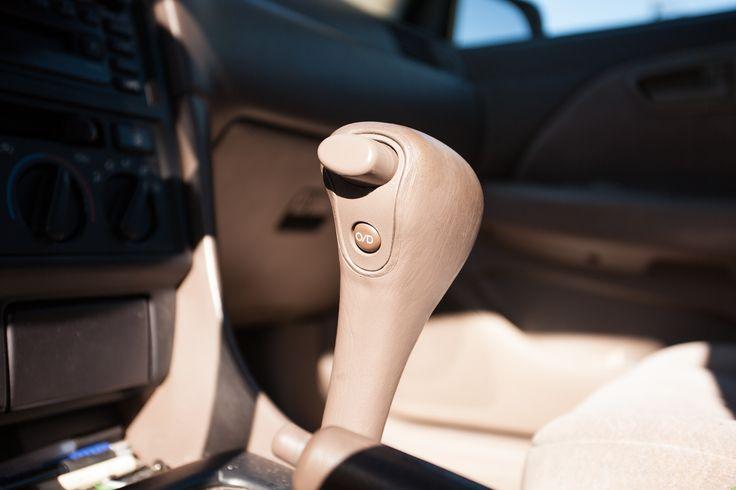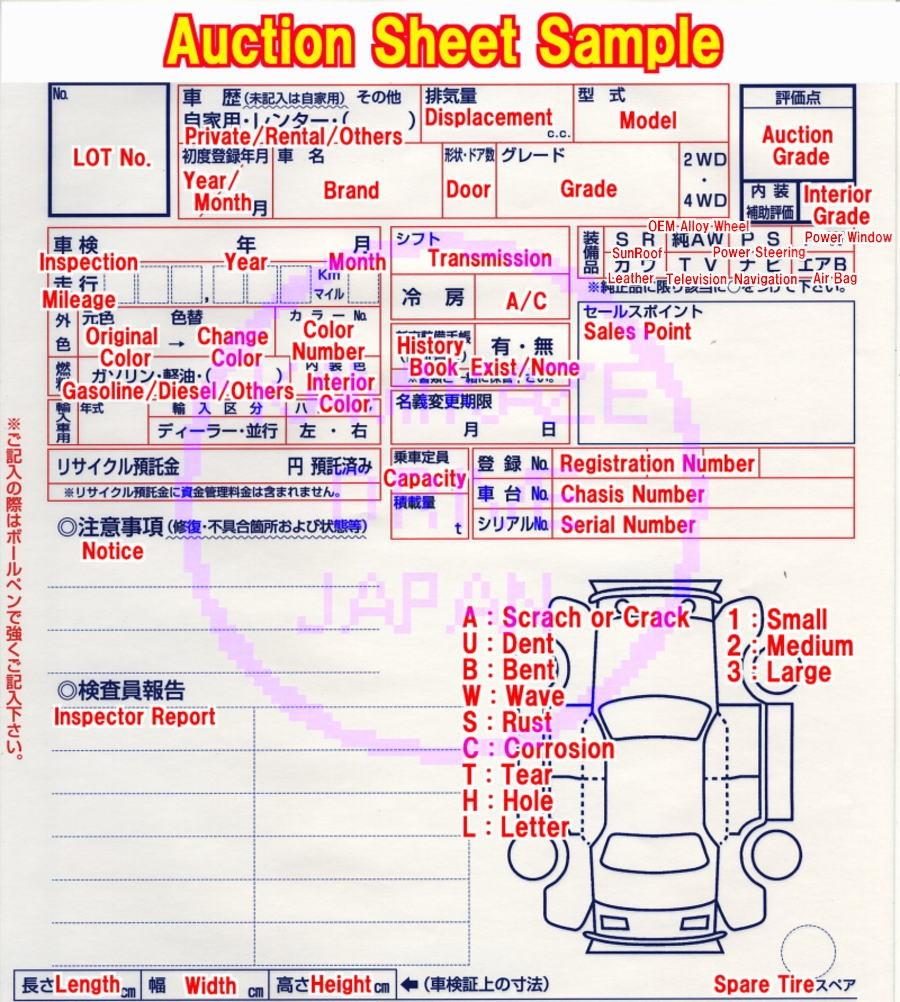Where Technology Meets Auto Sales
The intersection of technology and auto sales is a dynamic and rapidly evolving space, where innovative solutions like EpiCar are reshaping the traditional car selling experience. In this era of digital transformation, the synergy between technology and auto sales is creating a new paradigm, making the process more efficient, transparent, and customer-friendly.
Pioneering Change in Auto Sales
At the forefront of this revolution is EpiCar, a platform that embodies the perfect blend of technology and auto sales. EpiCar leverages advanced artificial intelligence (AI) to streamline the car selling process, offering an efficient and reliable solution for both sellers and dealers. By analyzing vast amounts of data, EpiCar provides accurate car valuations, ensuring fair pricing and a transparent transaction process.
The Traditional Auto Sales Landscape
Historically, auto sales have revolved around traditional practices that often created opaque and sometimes frustrating experiences for both buyers and sellers. The process was heavily reliant on in-person negotiations and subjective valuations, where the outcome largely depended on individual negotiation skills and perceptions of the car’s value.
Physical dealerships were the epicenters of sales, limiting buyers to local options and sellers to local markets. This approach restricted the variety and comparison opportunities, often confining customers to a narrower selection.
Moreover, the industry was characterized by extensive paper-based processes, adding to the complexity and duration of transactions. From vehicle histories to sales agreements, the reliance on physical documentation made the process slow and prone to errors.
Limited information sources further complicated the landscape. Buyers typically had to rely on dealers’ advice, word-of-mouth, or scarce printed materials, leading to less informed purchasing decisions.
Technology’s Role in Modernizing Auto Sales
In the realm of auto sales, technology, particularly Artificial Intelligence (AI), has emerged as a game-changer. Its impact on modernizing the industry is profound, offering a new level of efficiency and fairness in transactions that were previously prone to subjectivity and inefficiencies.
AI algorithms stand at the core of this transformation. By processing vast amounts of data, these algorithms can analyze current market trends, delve into historical pricing data, and evaluate specific car features in detail. This comprehensive analysis enables the algorithms to ascertain the most accurate value of a vehicle, something that was traditionally challenging to achieve.
The power of this data-driven approach lies in its objectivity. It effectively minimizes the subjective biases that often influenced car valuations and negotiations. With AI, factors such as personal opinions or uninformed estimations are replaced with factual, data-backed valuations. This shift not only streamlines the pricing process but also instills a greater sense of fairness and transparency in auto sales.
For sellers, this means receiving a fair price for their vehicle, one that accurately reflects its market value and condition. For buyers, it offers assurance that the price they are paying is just and in line with the current market standards.

Enhancing Transparency and Efficiency
One of the key benefits of technology in auto sales is the enhanced transparency it brings to the process. Platforms like EpiCar provide detailed reports and valuations, giving sellers and buyers clear insights into the transaction. This transparency not only builds trust but also speeds up the sales process, as decisions are based on concrete data rather than guesswork.
The integration of technology, particularly in platforms like EpiCar, has significantly enhanced transparency and efficiency in the auto sales industry. These advancements provide detailed reports and valuations, offering both sellers and buyers a clear, data-driven insight into each transaction. This level of transparency is crucial in building trust, as it replaces guesswork with factual information, allowing for more informed decision-making.
Additionally, the efficiency of the sales process is markedly improved. Technology facilitates the rapid gathering and analysis of data, resulting in quick and accurate valuations. This streamlining reduces the time spent on negotiations and deliberations, speeding up the entire process from listing to sale for sellers, and from evaluation to purchase for buyers.
The Impact on Dealerships
Dealerships are also benefiting from the technological revolution in auto sales. Digital platforms like EpiCar offer dealers a wider reach, enabling them to connect with more sellers and access a larger inventory. This increased connectivity leads to better business opportunities and the ability to cater to a more diverse customer base.
Customer Experience in the Digital Age
The customer experience in auto sales has been significantly enhanced by technology. Digital platforms offer convenience, with customers able to access services from the comfort of their homes. The ease of comparing prices, reading reviews, and viewing detailed car histories online empowers customers, making them more confident in their purchasing decisions.
The Future of Auto Sales with Technology
Looking ahead, the integration of technology in auto sales is poised to continue growing. Innovations such as virtual reality (VR) showrooms and augmented reality (AR) car previews are on the horizon, promising even more immersive and informative customer experiences. As technology evolves, so too will the ways in which we buy and sell cars, with platforms like EpiCar leading the charge.
Conclusion
The intersection of technology and auto sales, epitomized by EpiCar, represents a significant shift in how cars are bought and sold. This synergy between two seemingly disparate fields is creating a new paradigm in car selling, one that prioritizes efficiency, transparency, and customer satisfaction. As we move forward, this convergence is only set to deepen, further revolutionizing the auto sales industry.














